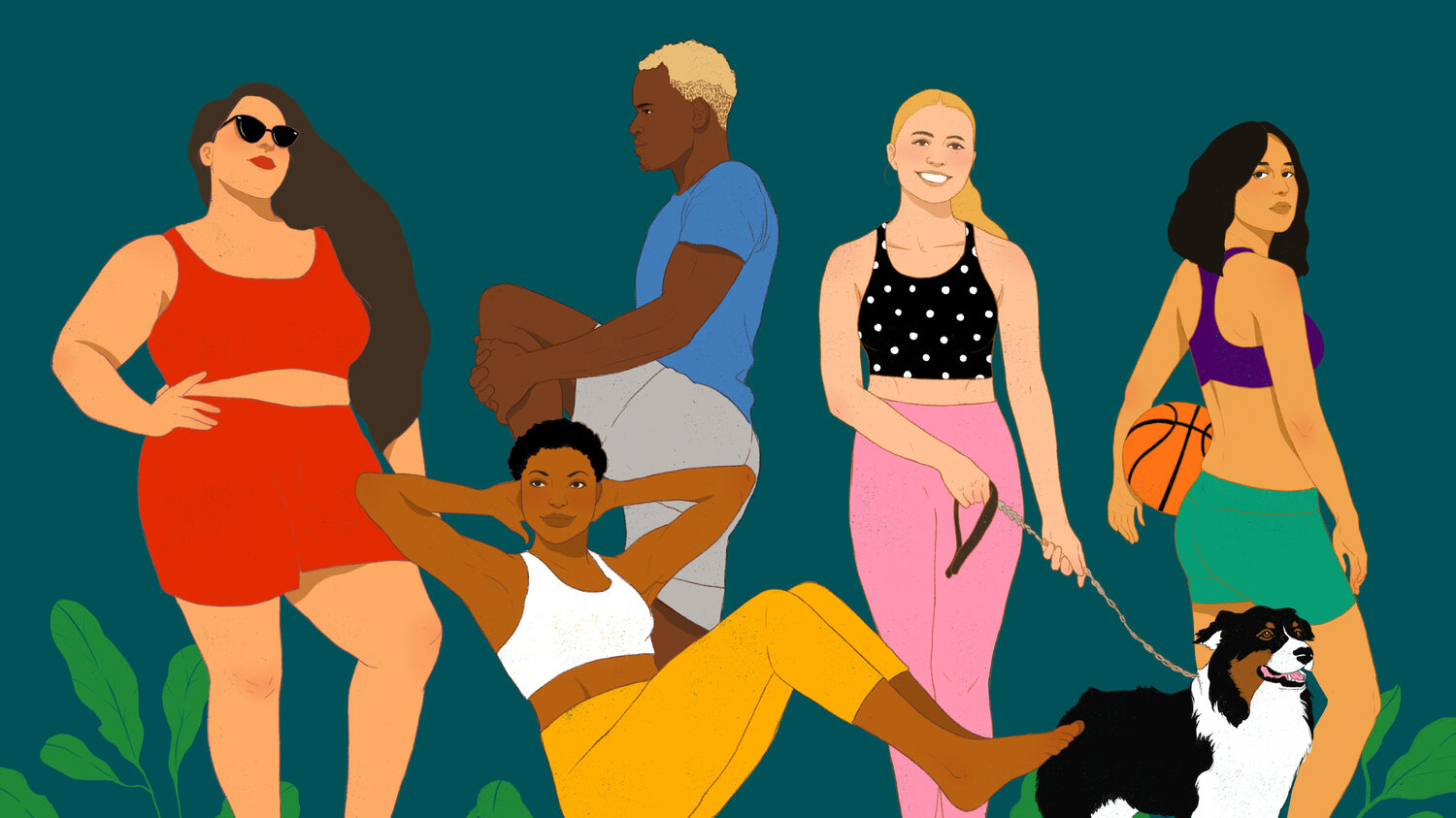
Tyler Haney was unsatisfied with the athletic-wear that was on the market when she tried to get into running. The only athletic-wear on the market were companies like Nike and Adidas who made clothes for intense athletes. She wanted to design a clothing line for mediocre athletes who aren’t intense or headed to the Olympics. Tyler was iterative as she tested out her clothes with her running buddies and used feedback to correct the seams in the clothing and functionality of it. This can relate to Jason as he constantly asks for feedback from the users of his software, Campfire Technology, and he tracks the usage on his website.
Questions:
What made Tyler Haney be inspired to create her company, Outdoor Voices, and why was she unsatisfied with other apparel items, like Nike and Adidas? (first 10 minutes)
Why was the style and material of her newly designed clothing ideas different from her competition? Who was her audience that she targeted, what kind of athletes? (minute 16)
Who was the person that Tyler met at the tradeshow? What was his job? What did he see in Tyler, and why was he the only person that trusted her new pitch? Explain. (minute 20)
What was Tyler’s opinions on the very first prototype? How did she fund these startup issues? How did she begin her first product testing? (minute 28)
In what store did her apparel first launch? Did it do well? How did she put her business model together? How was Outdoor Voices expanded? (minute 48)

